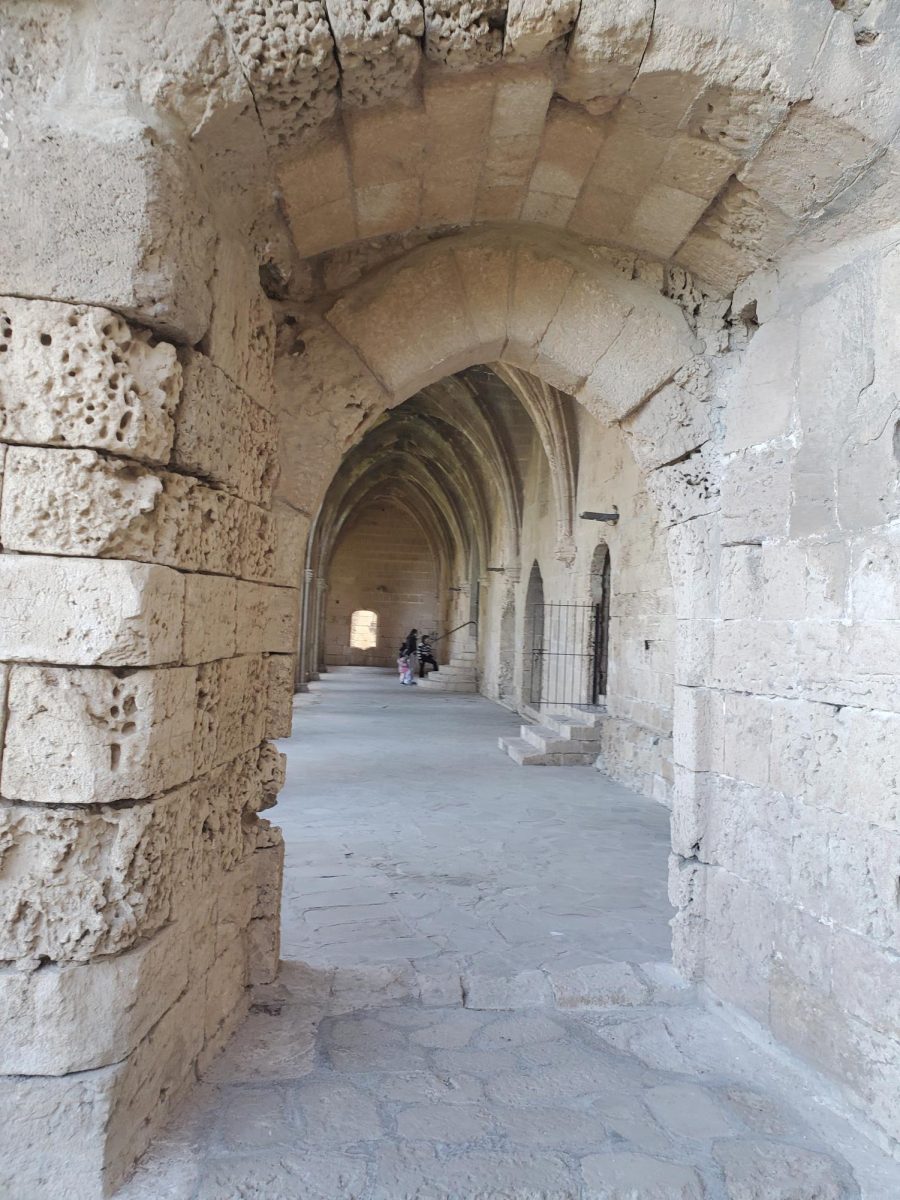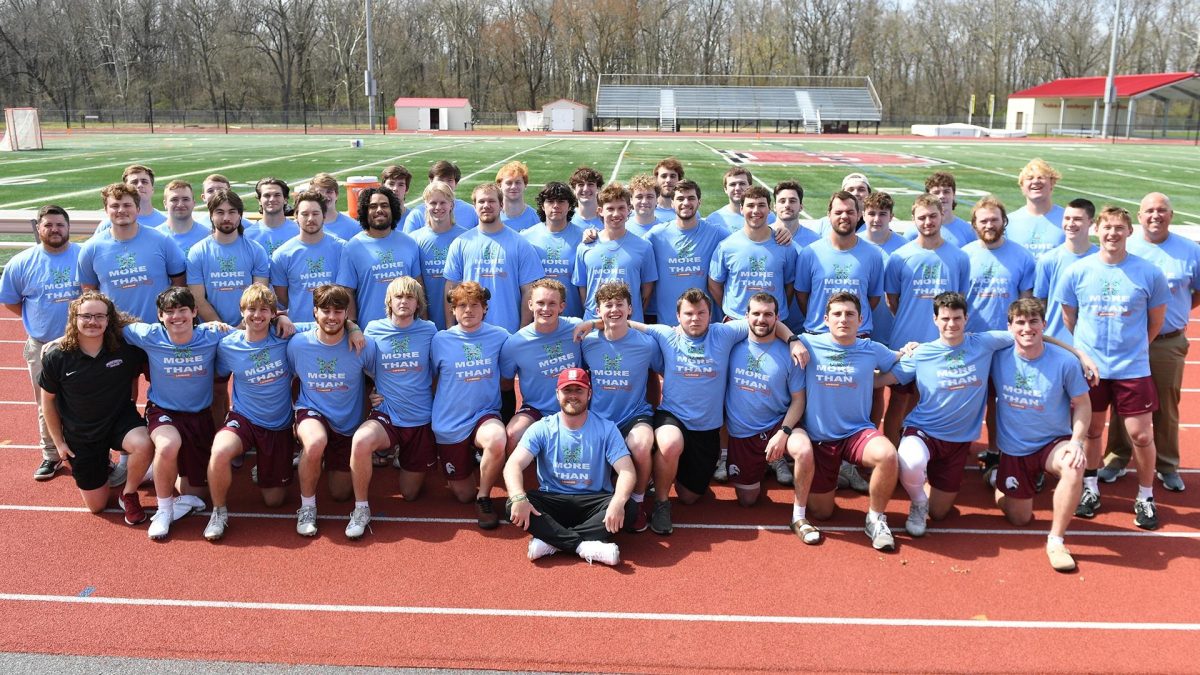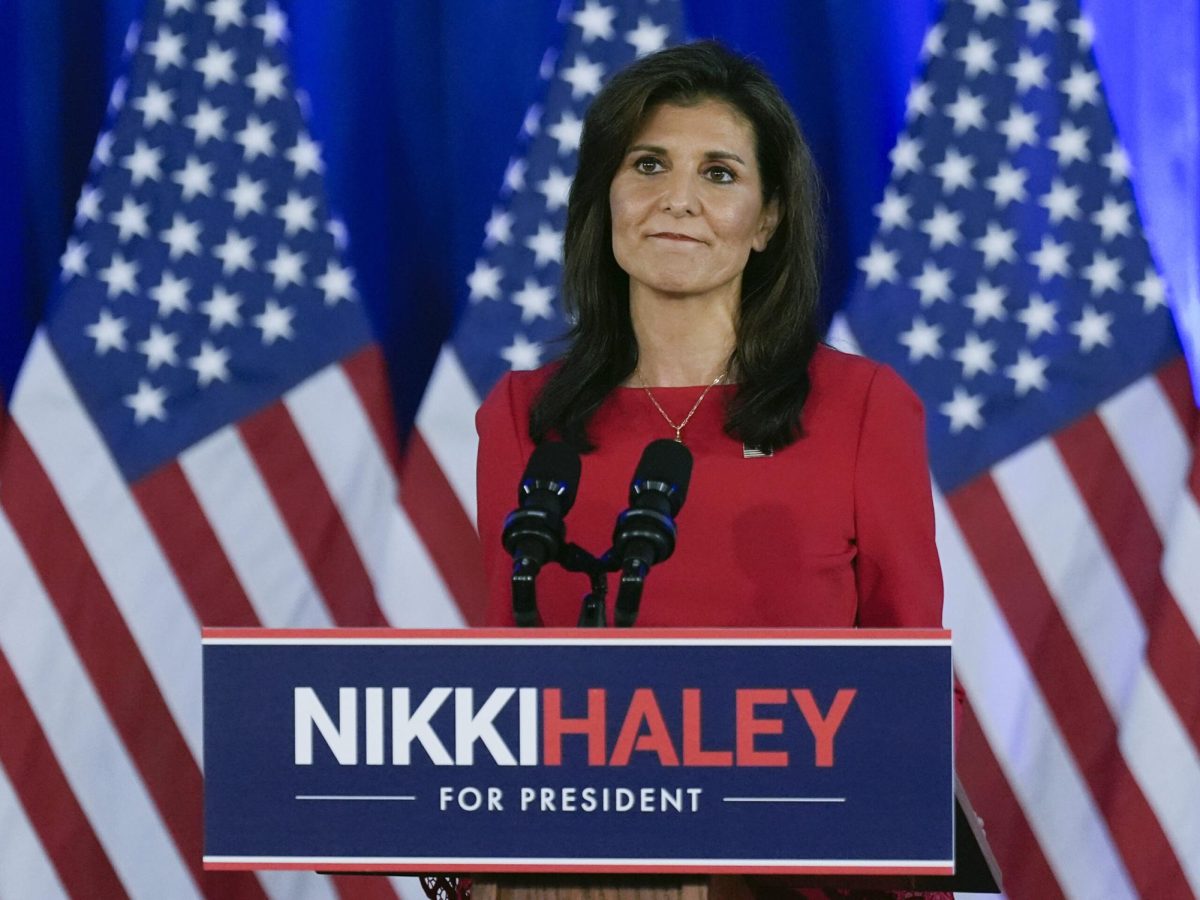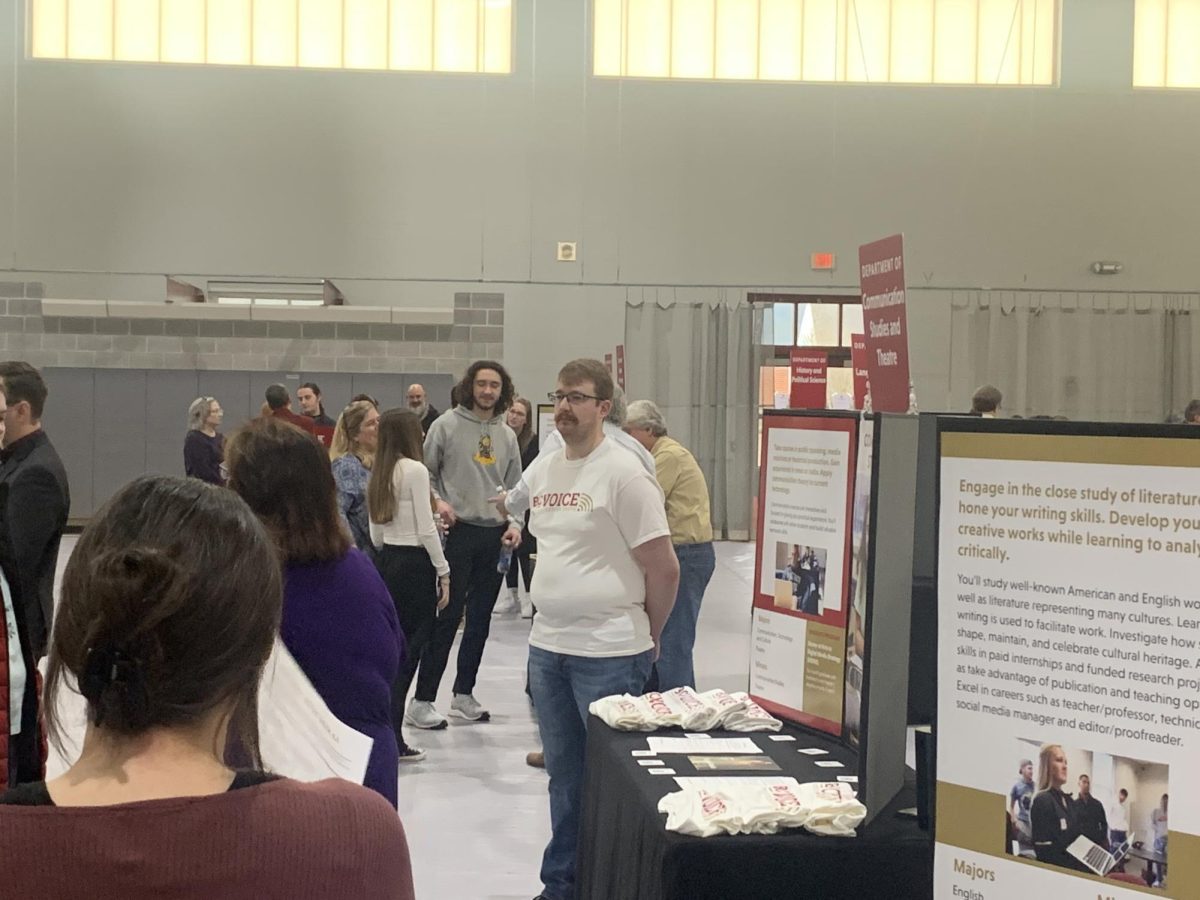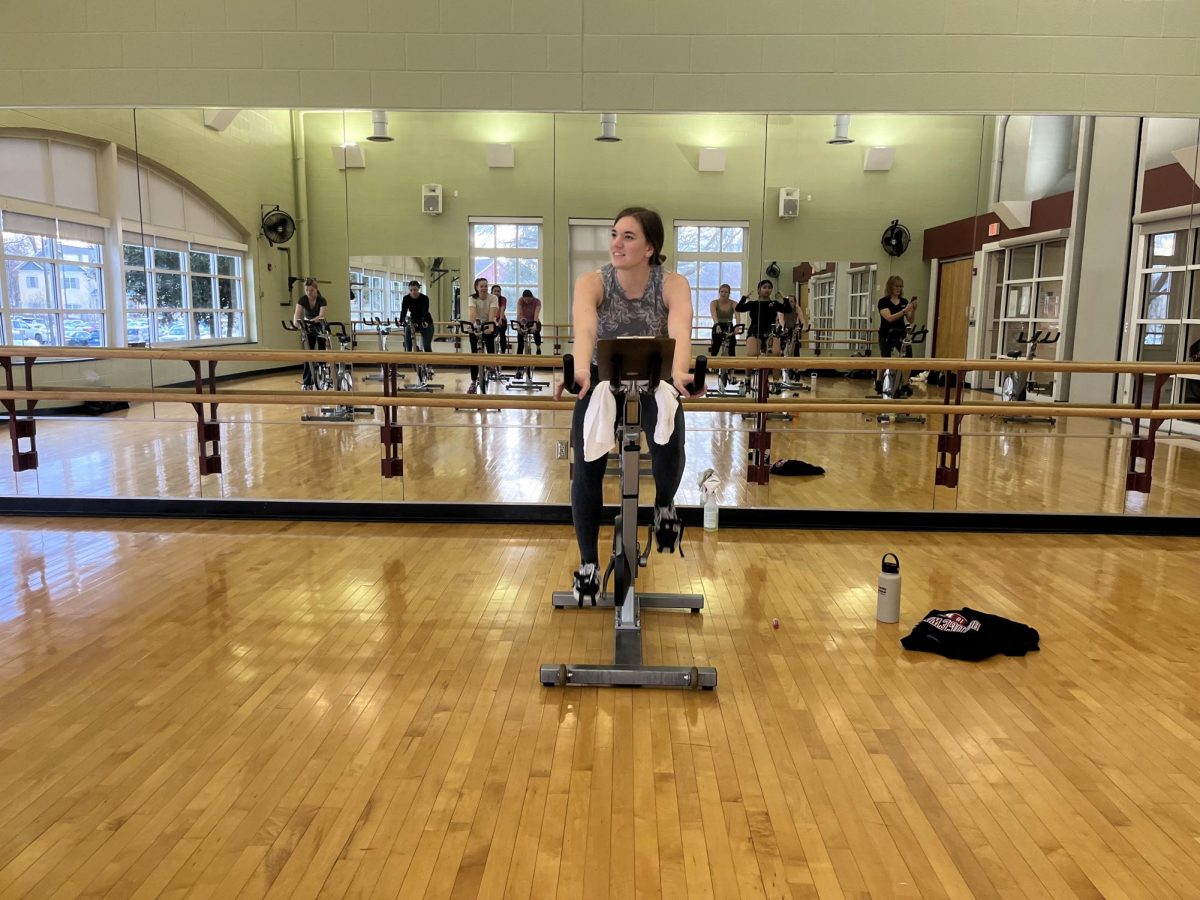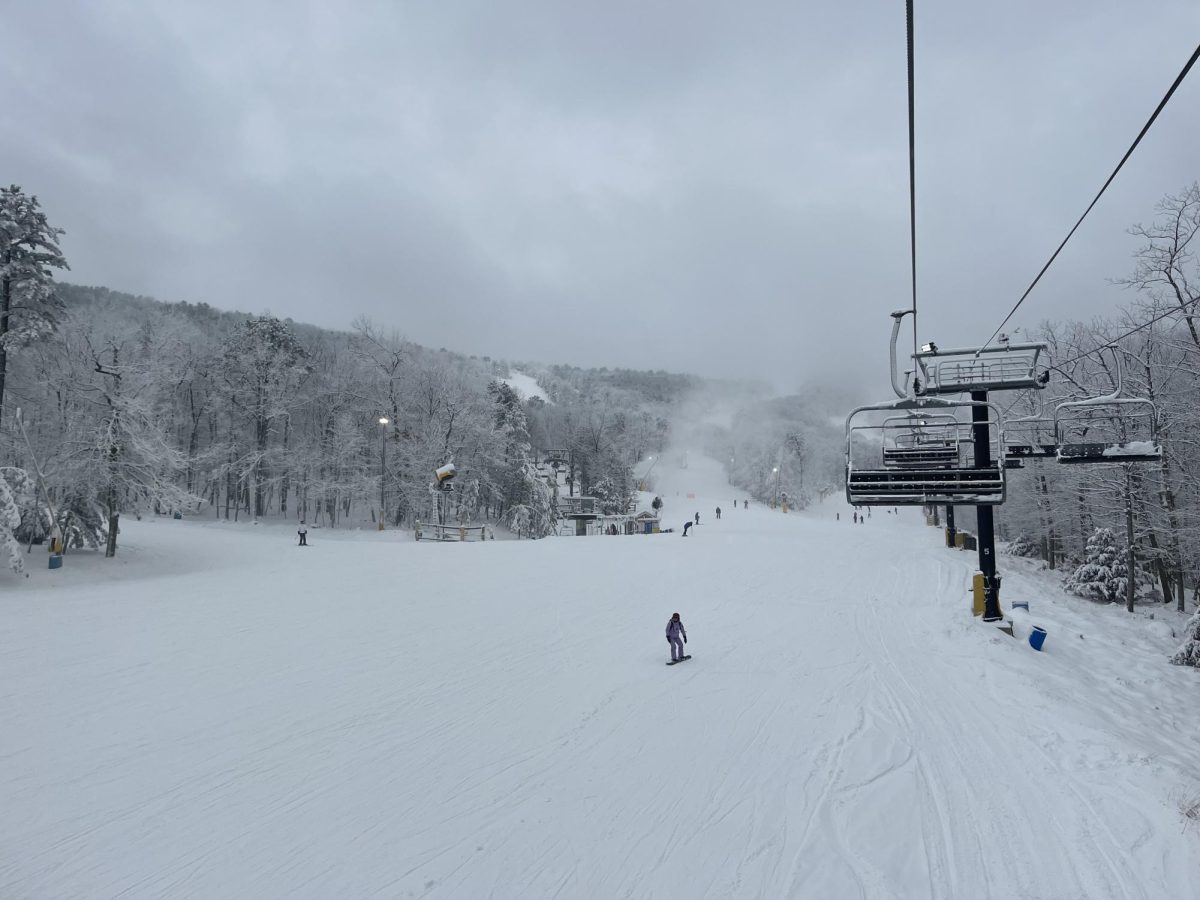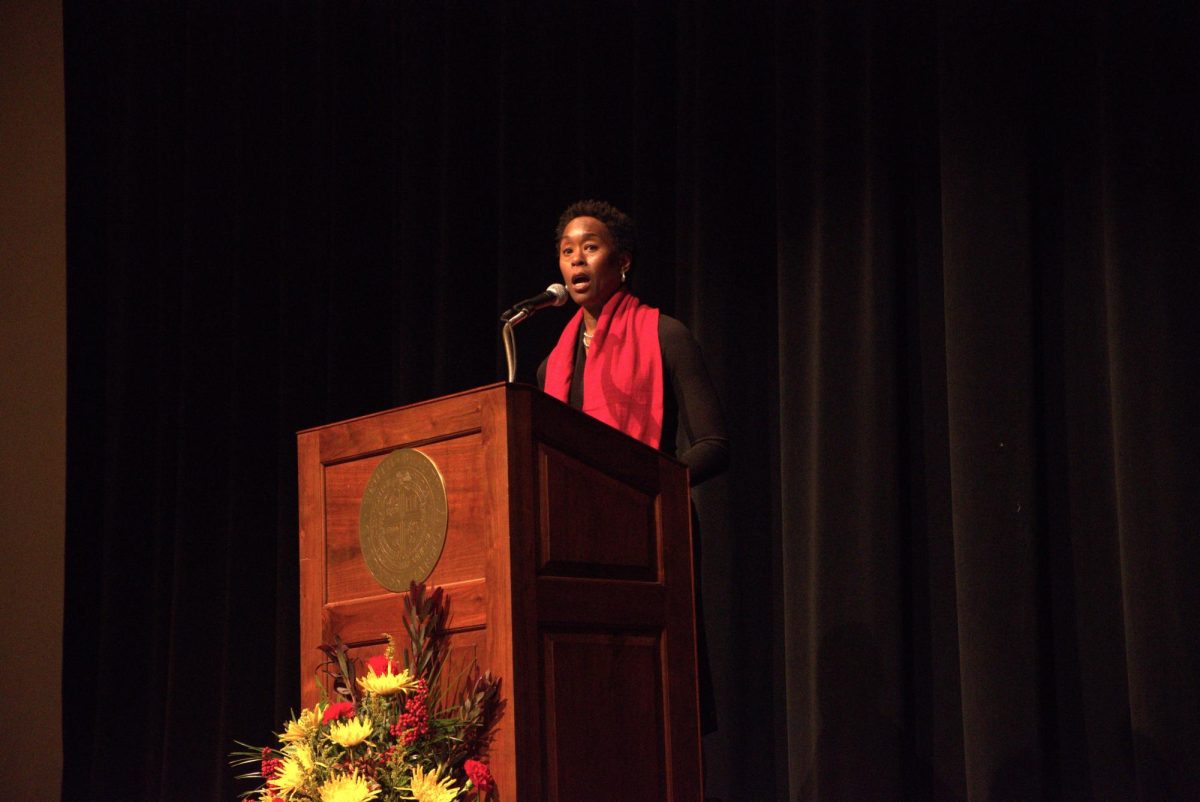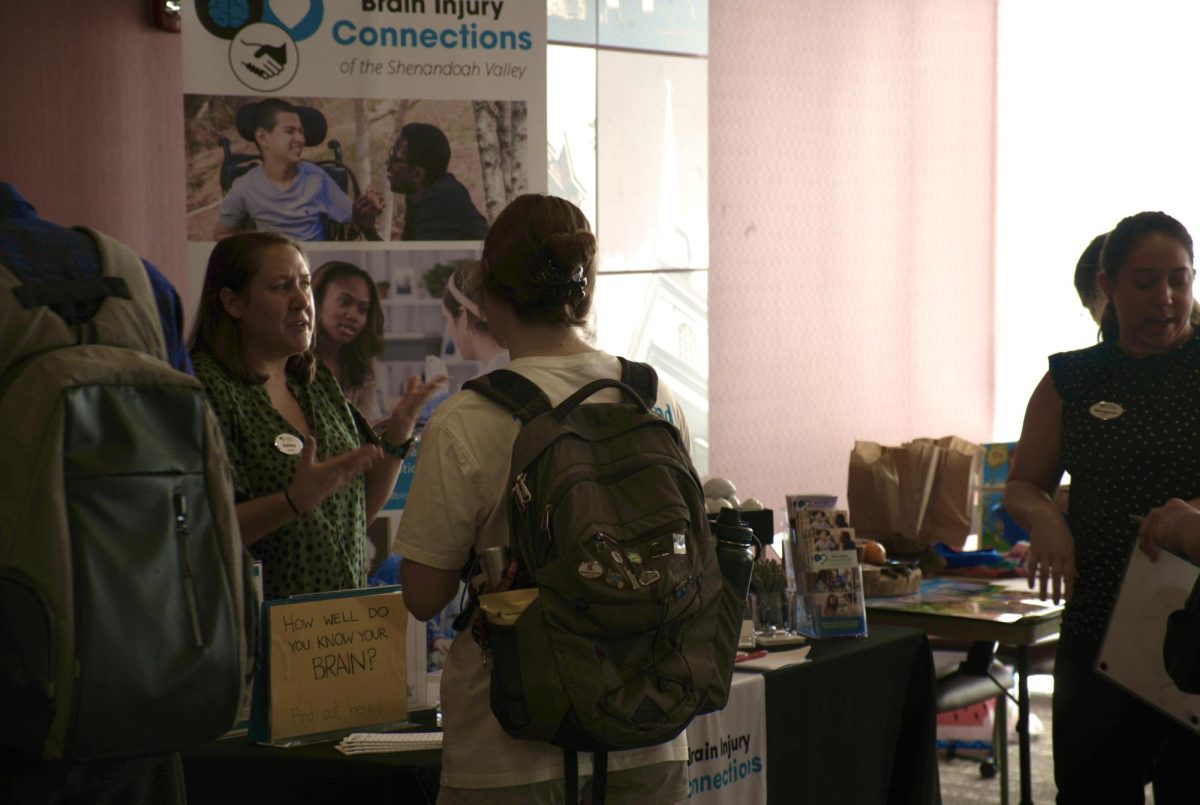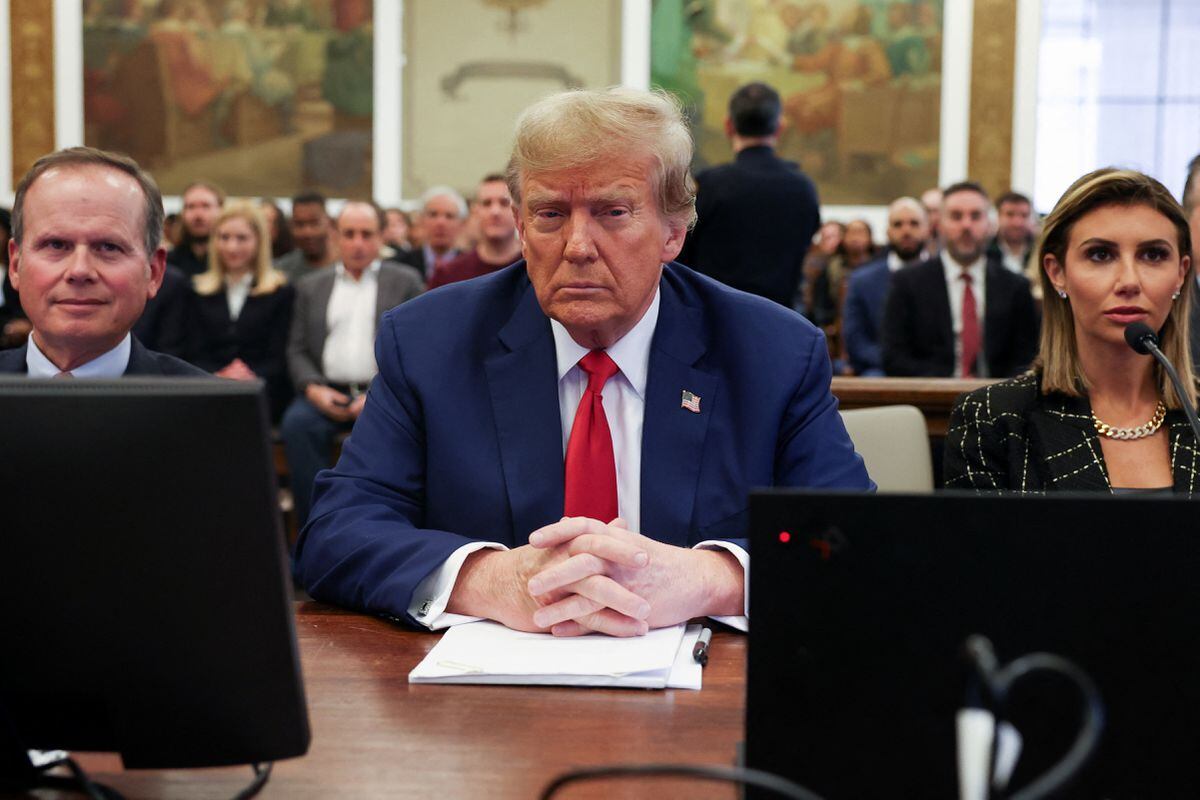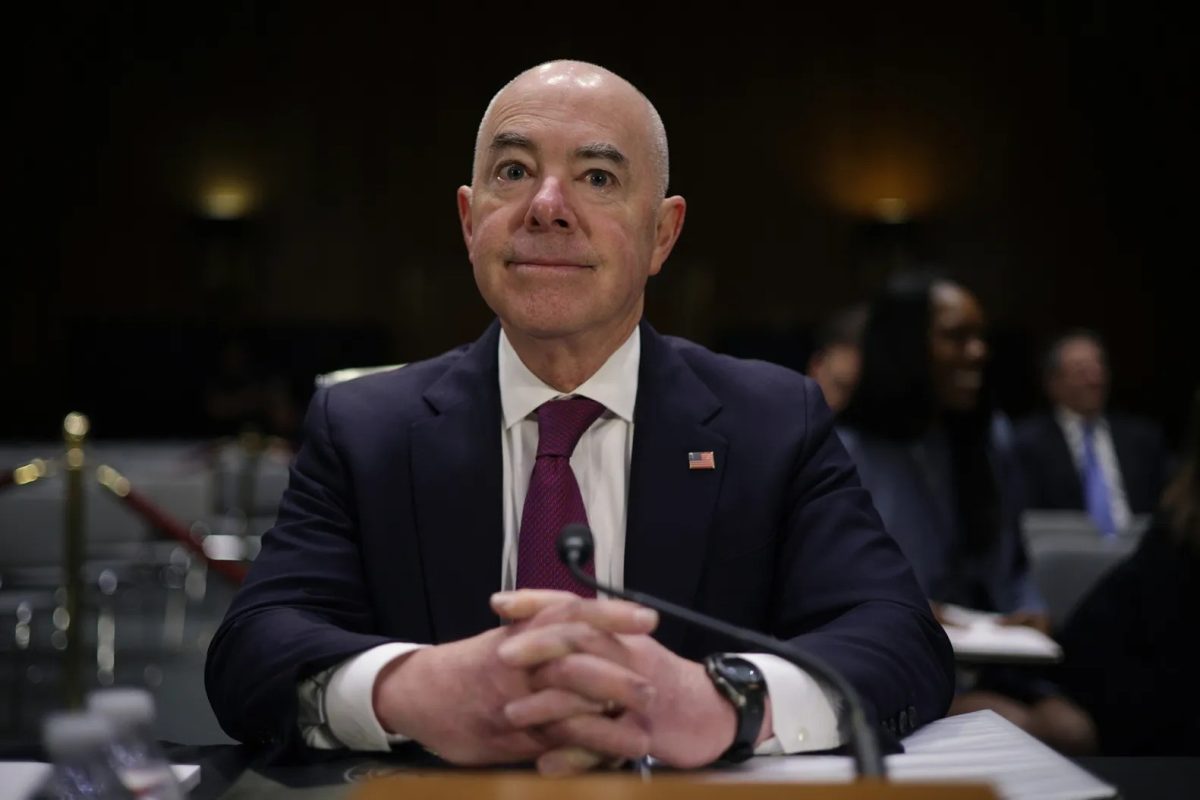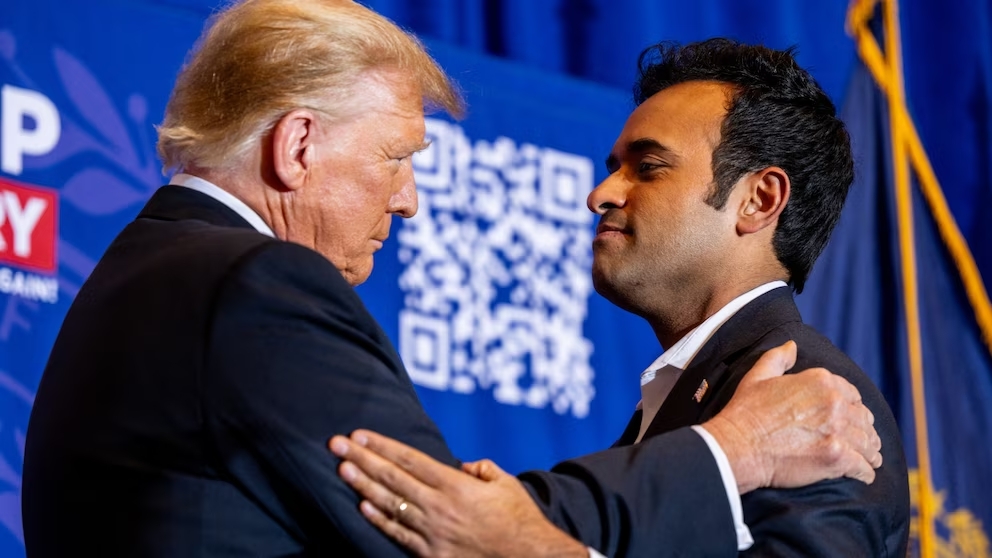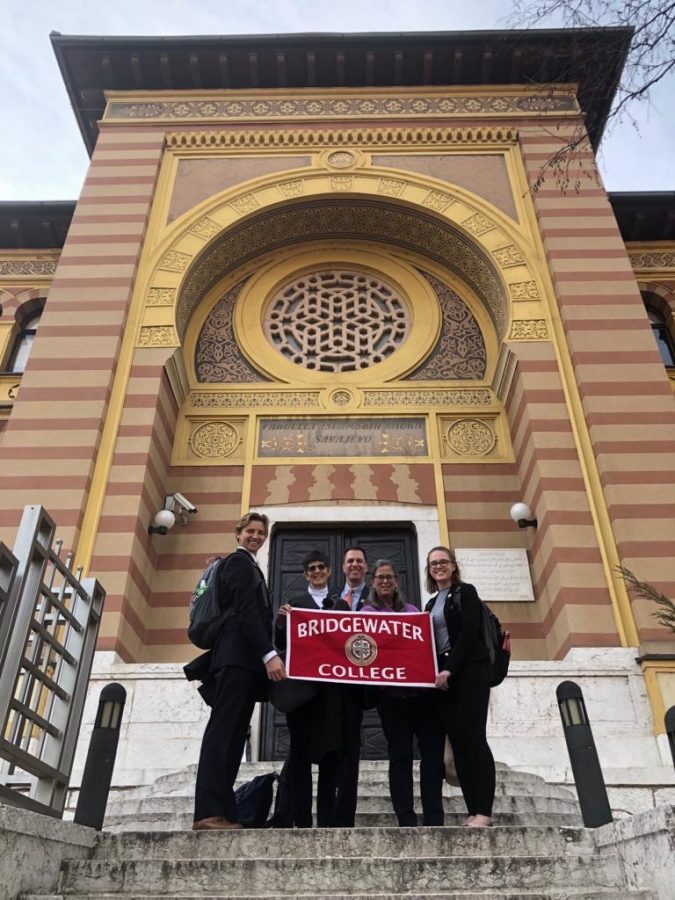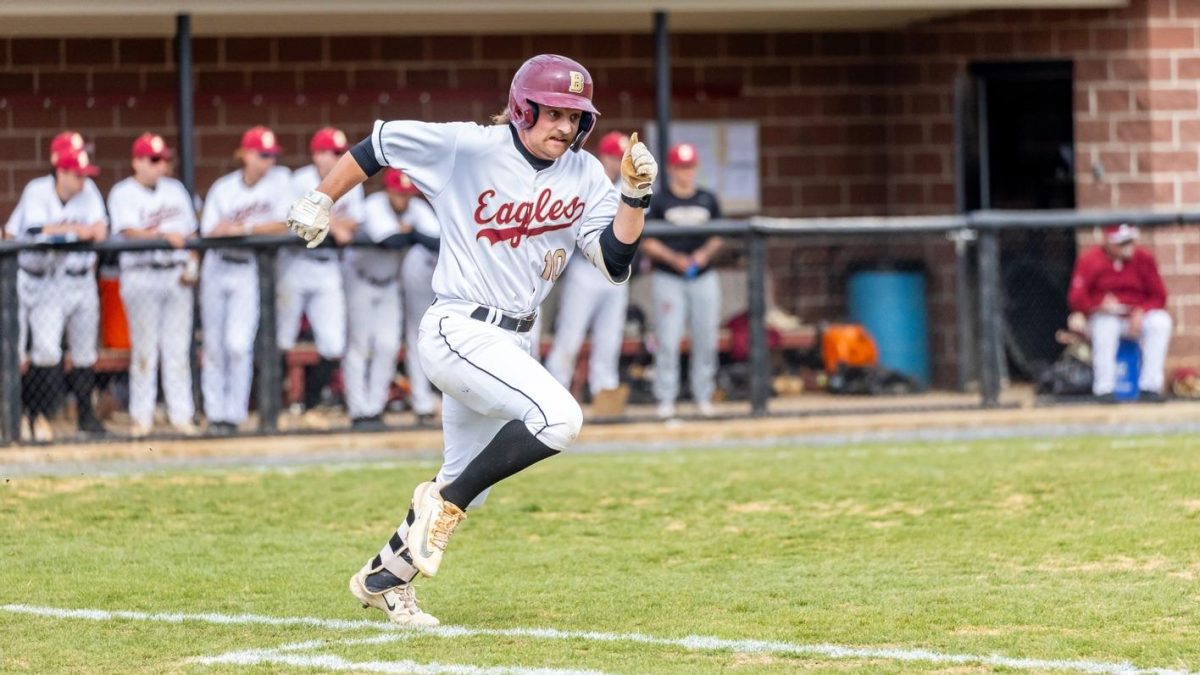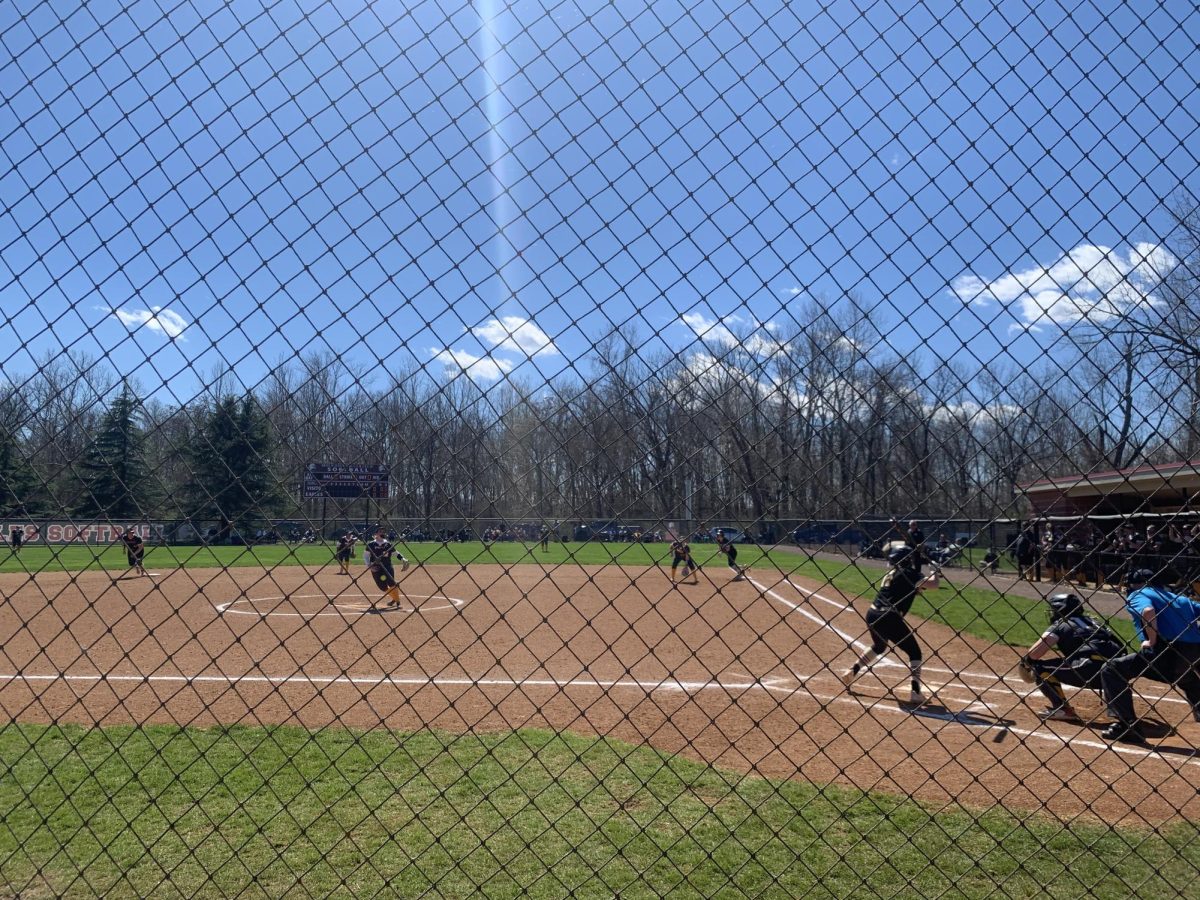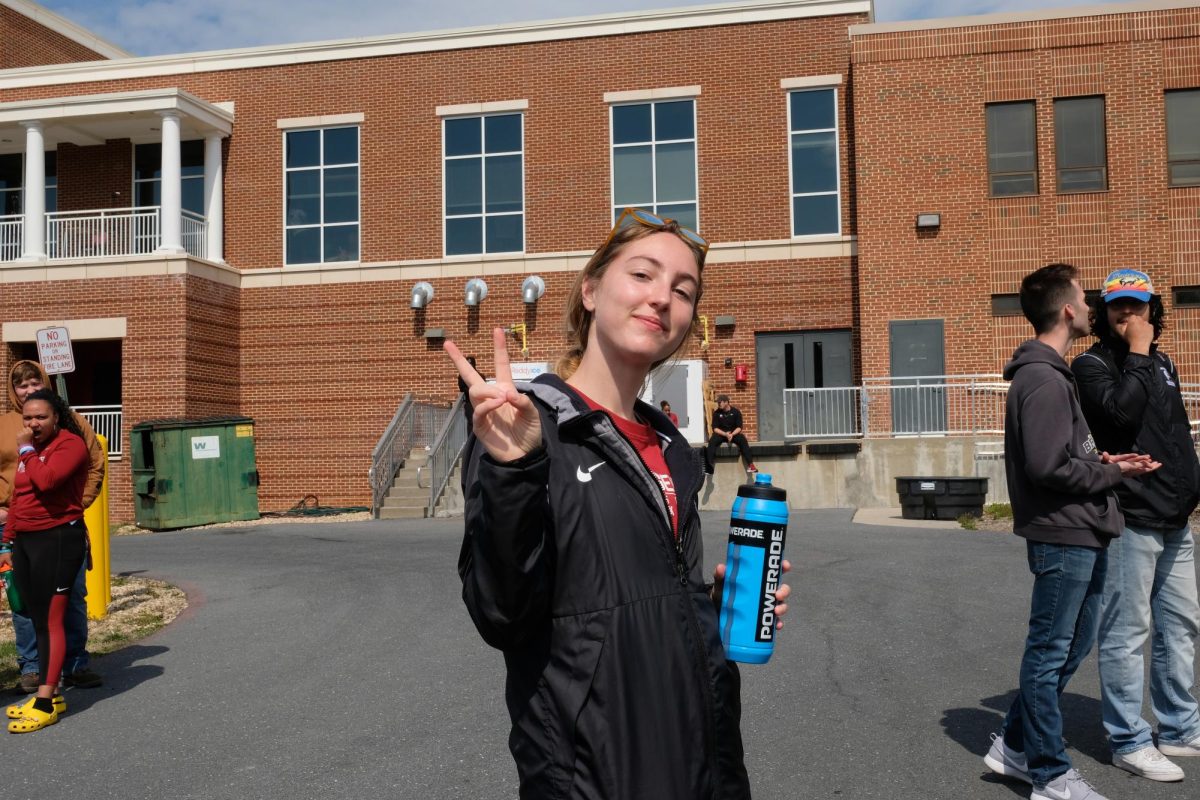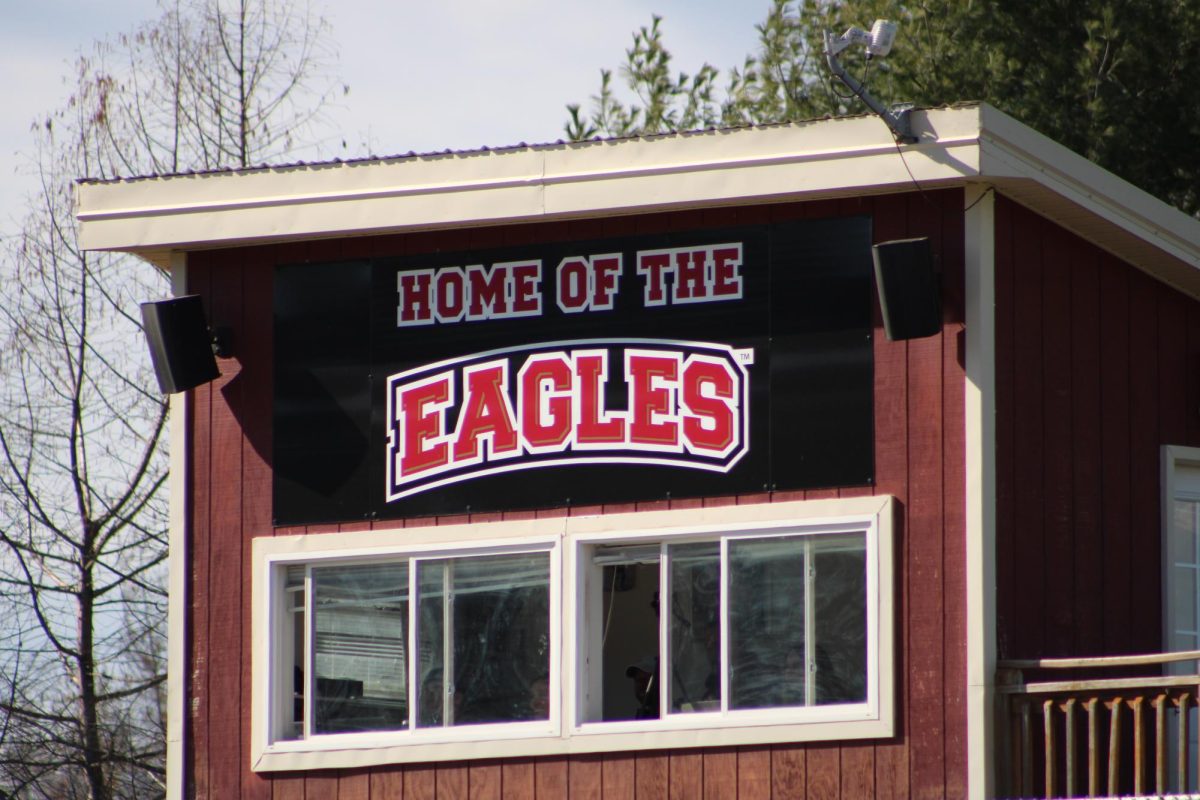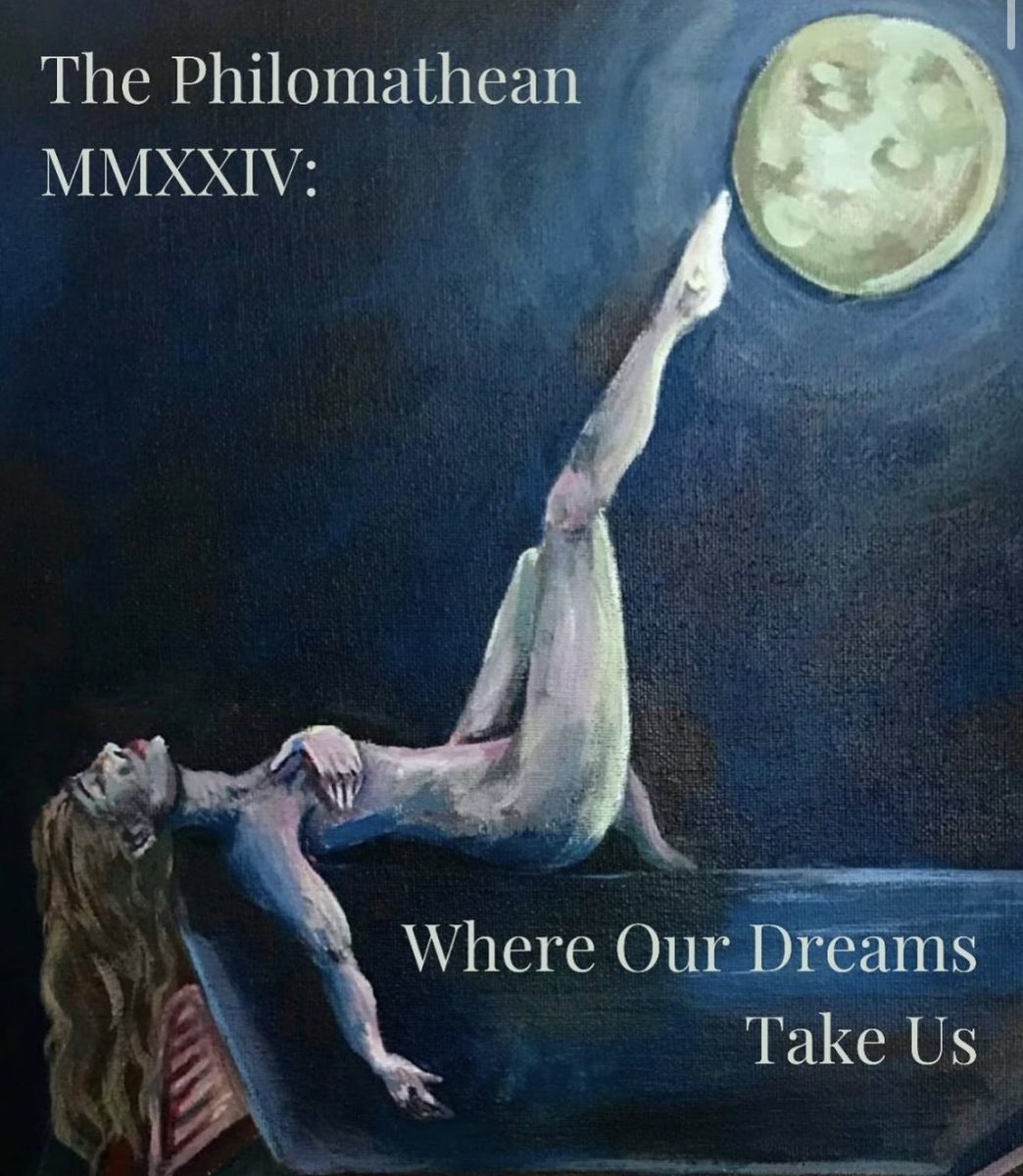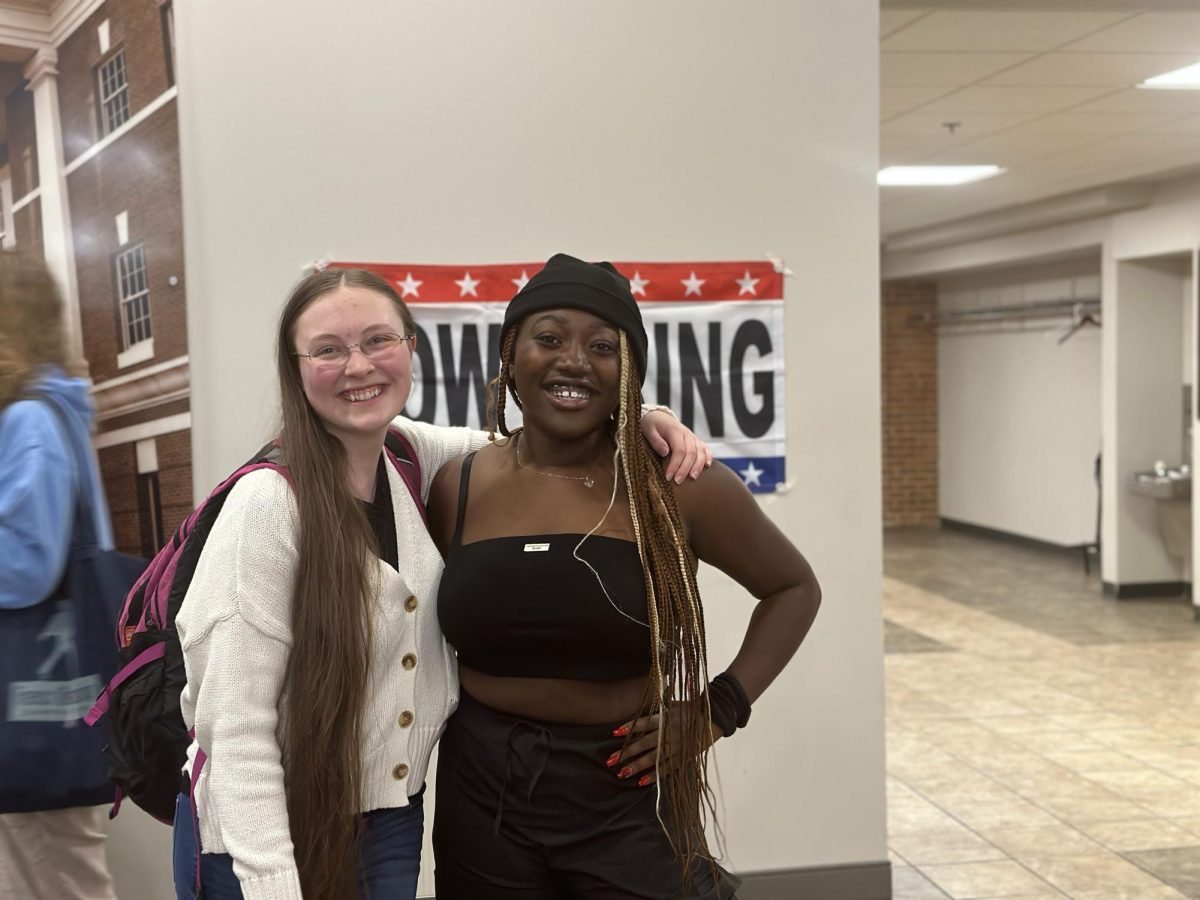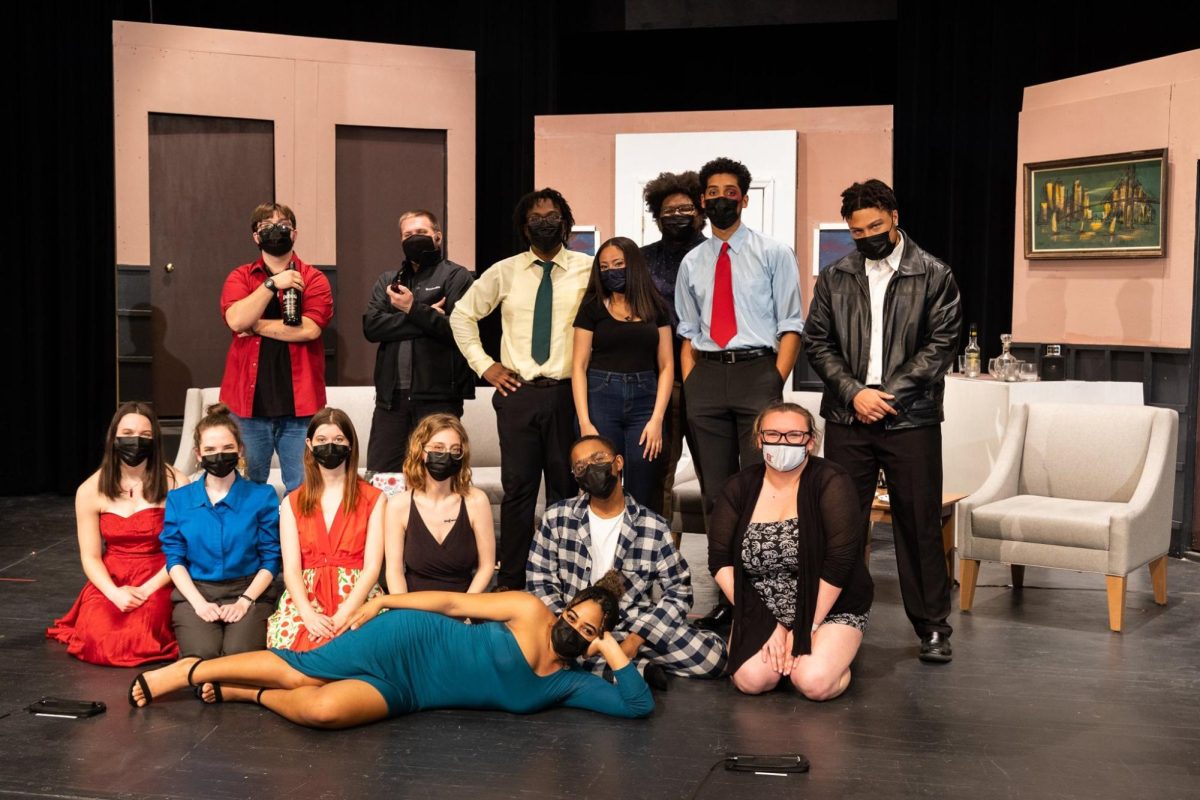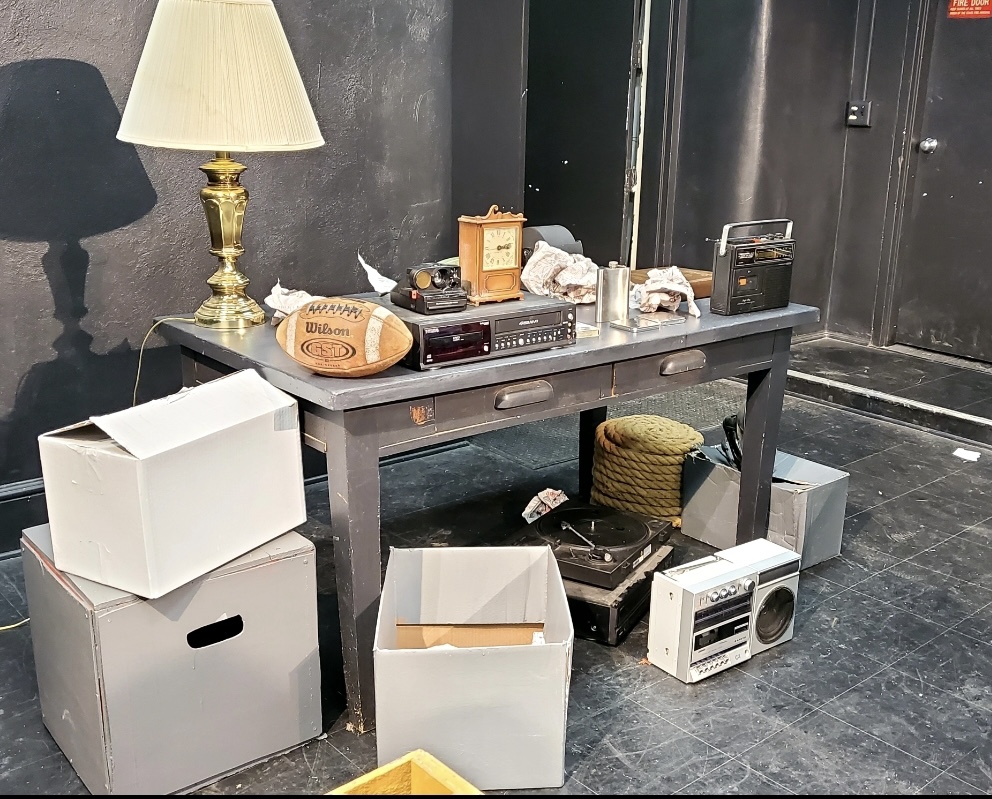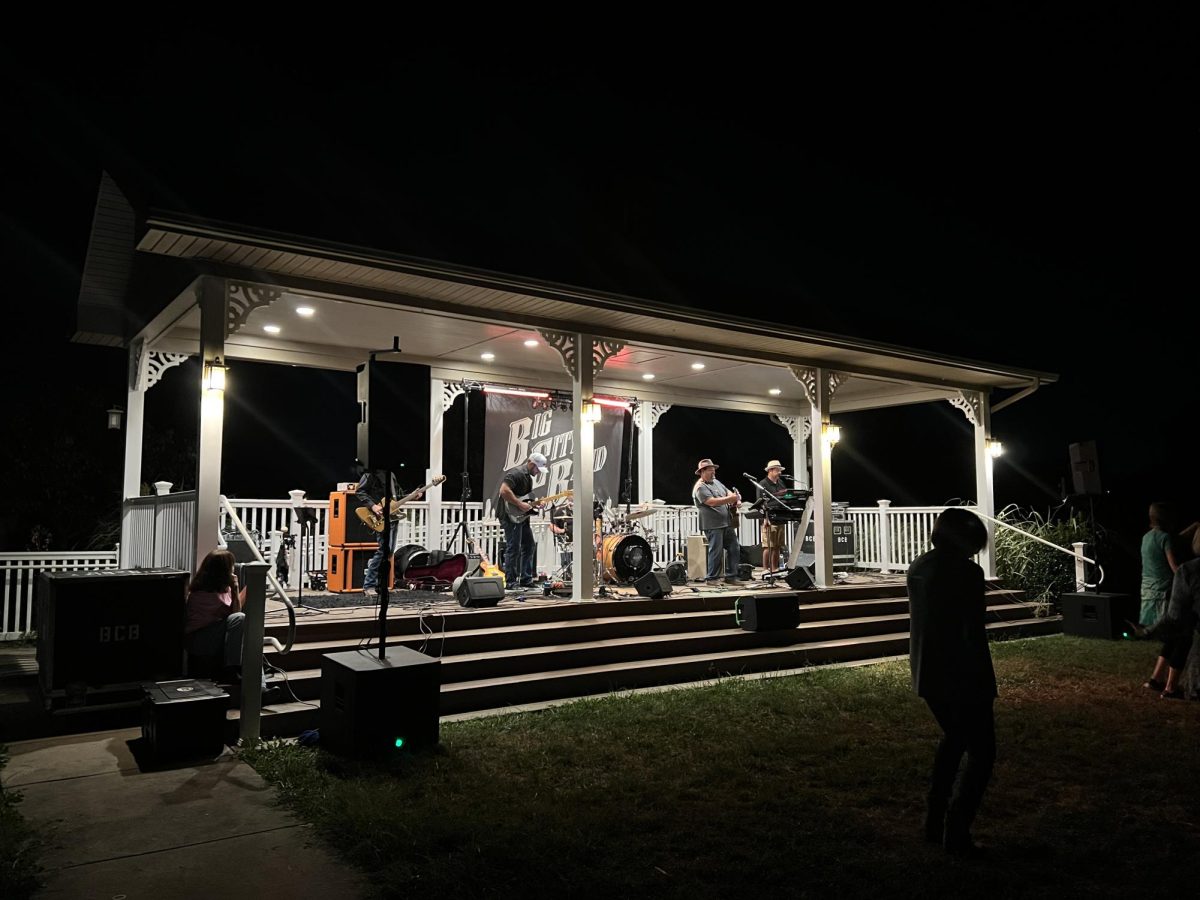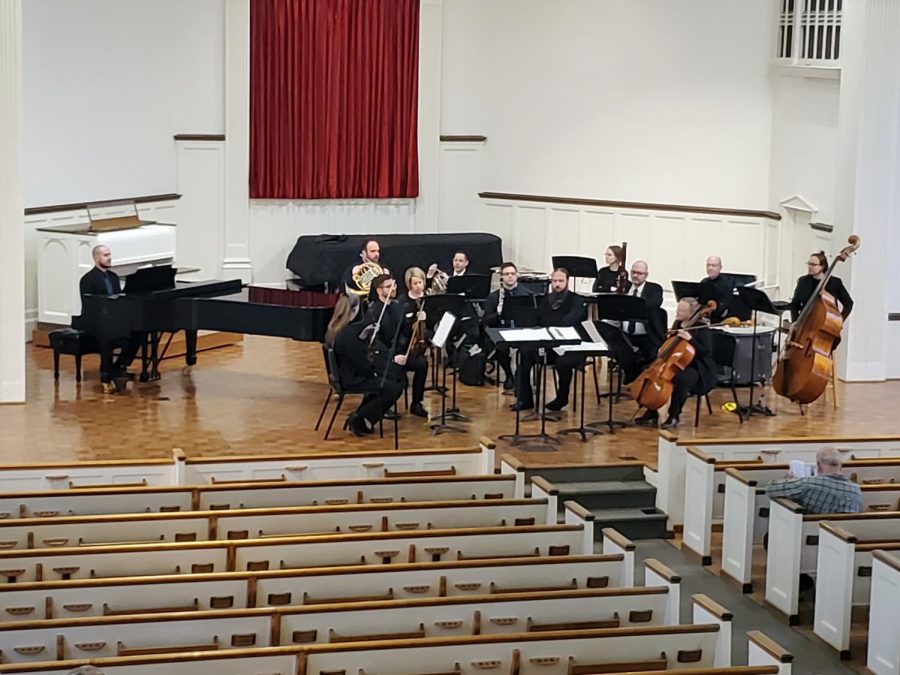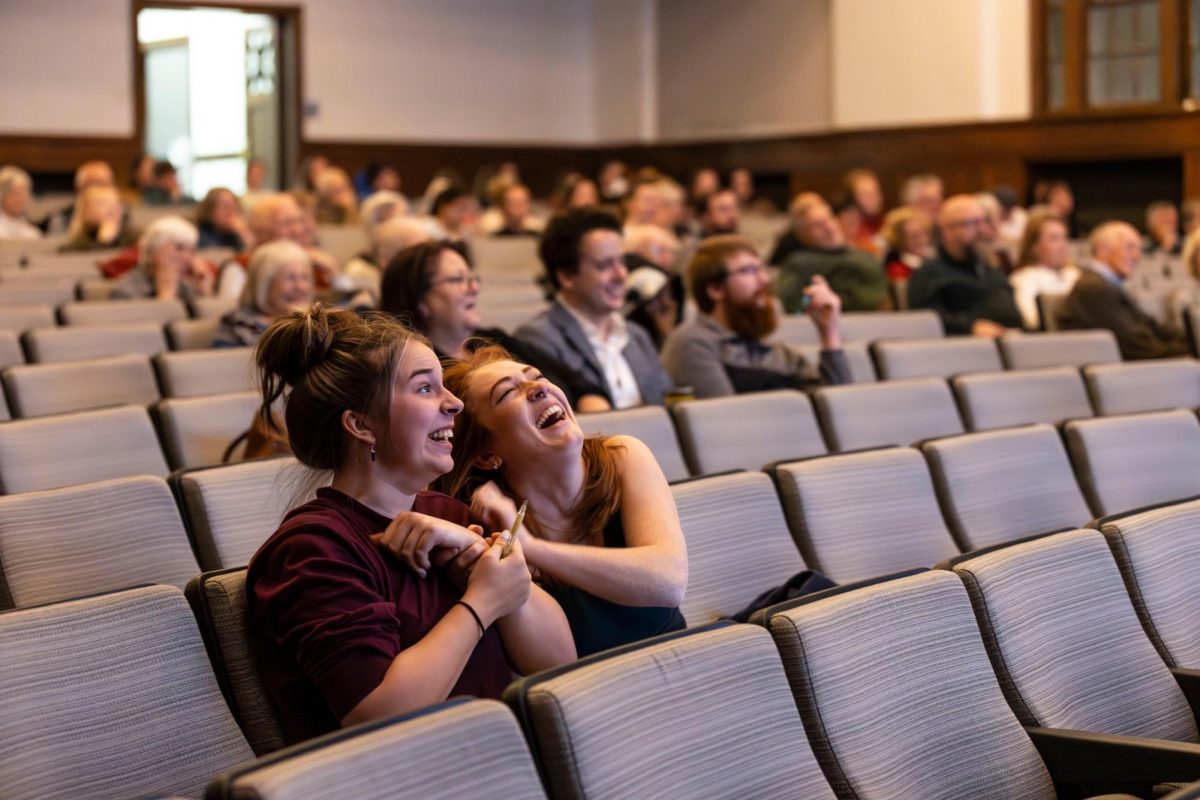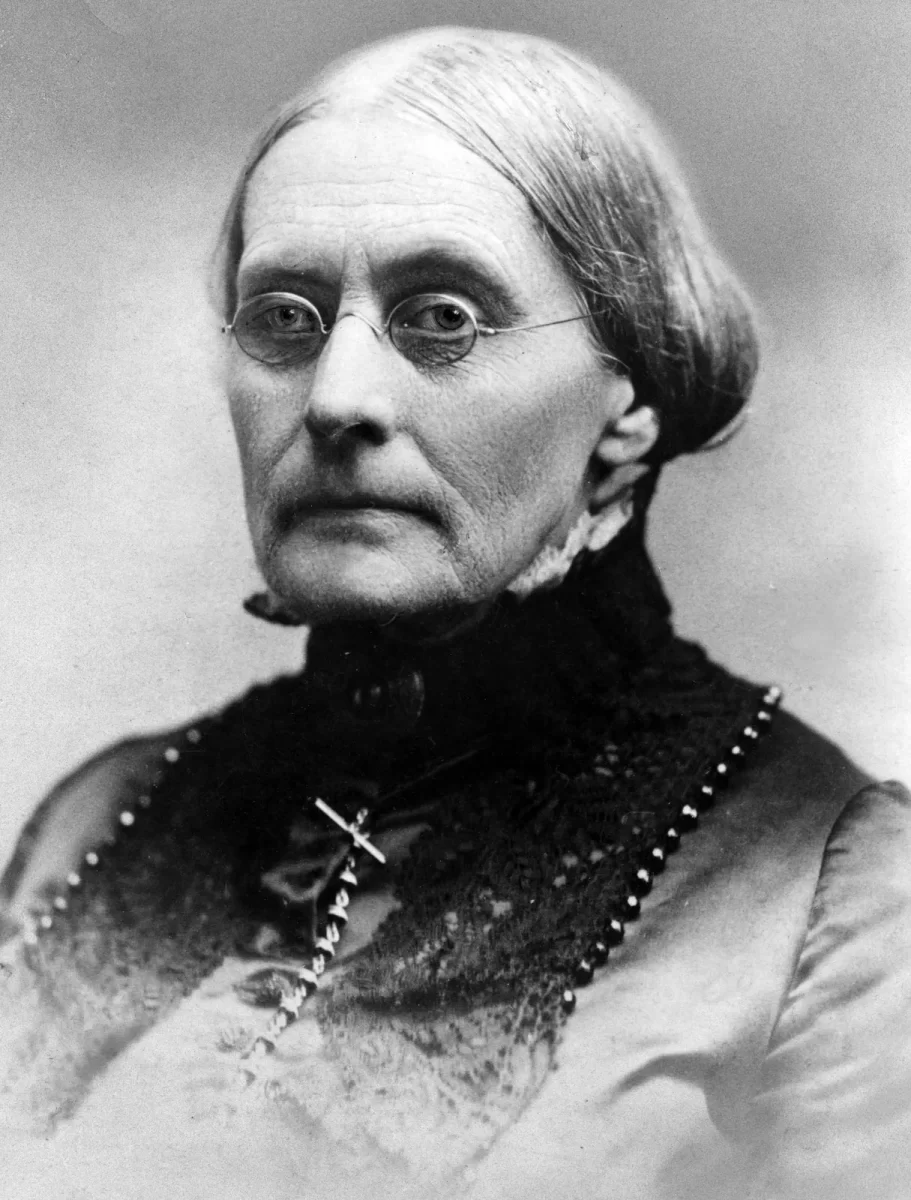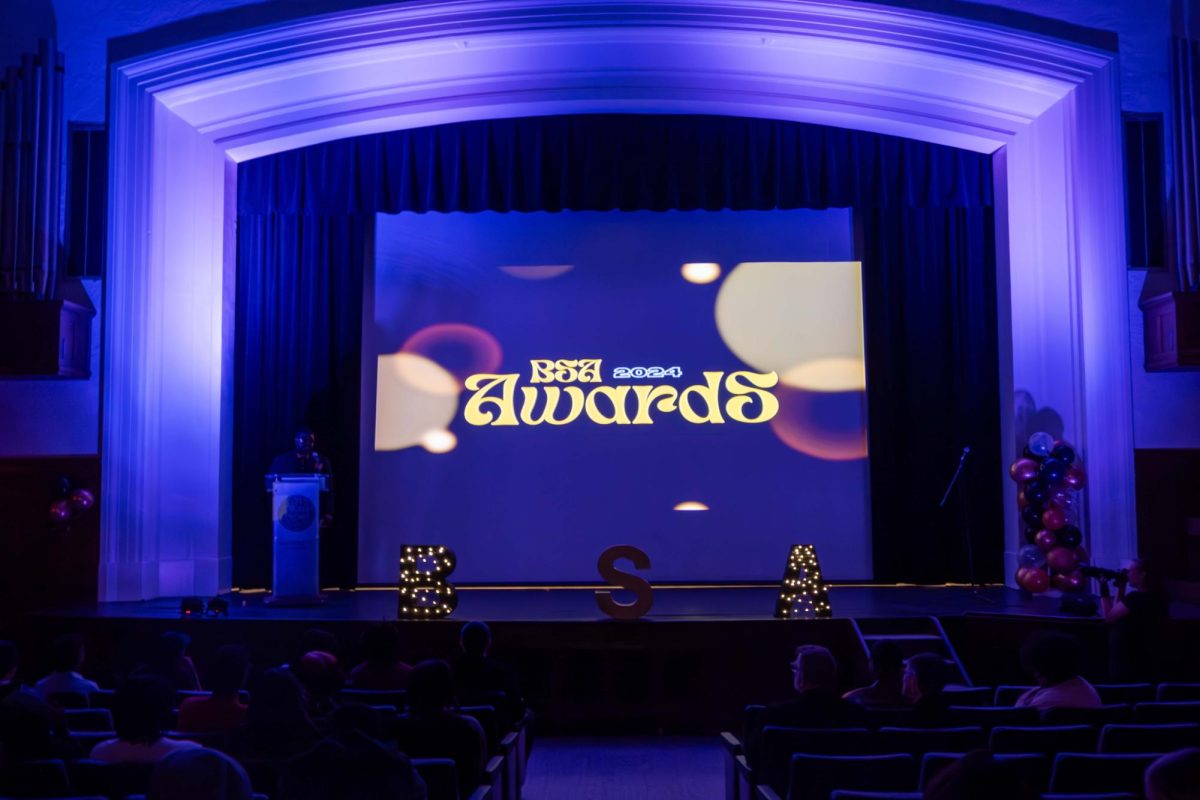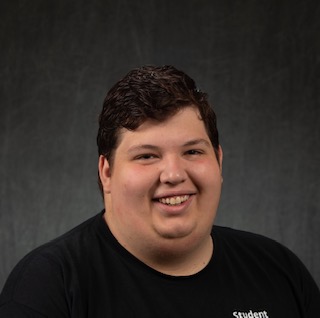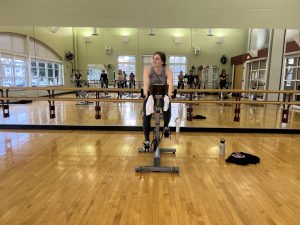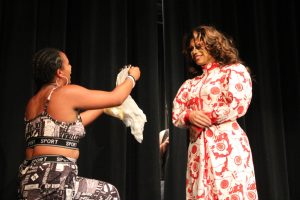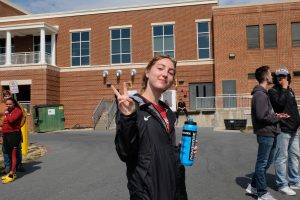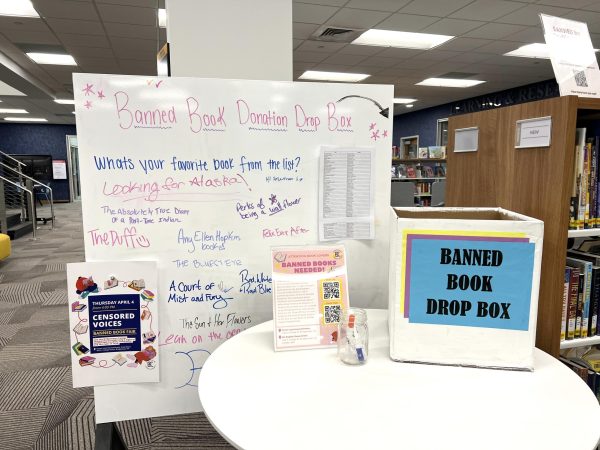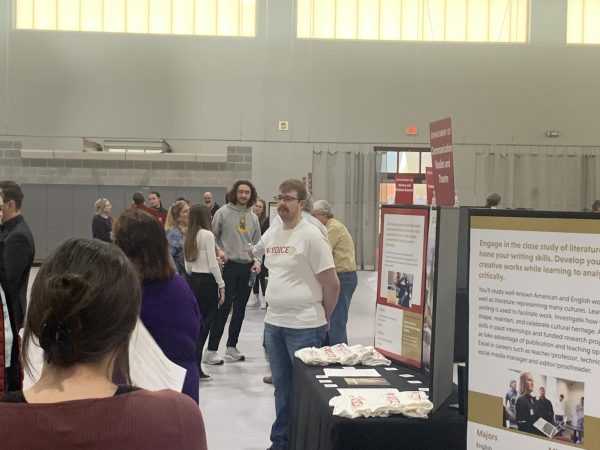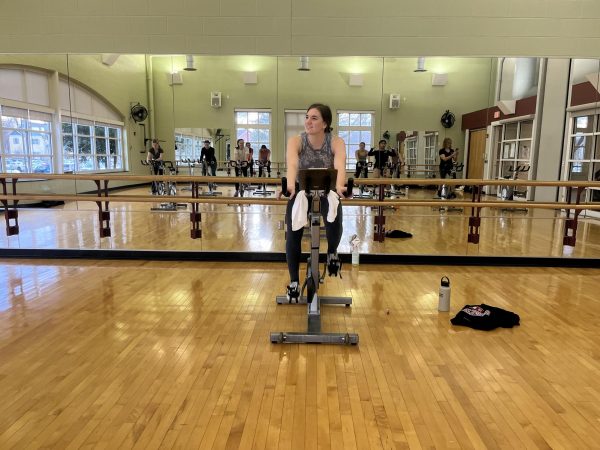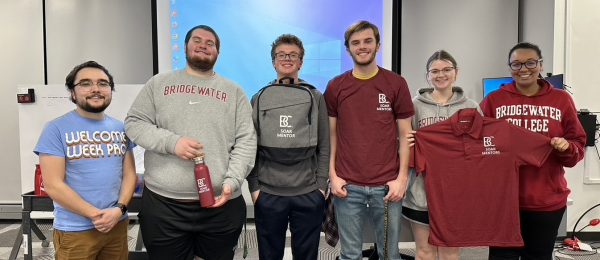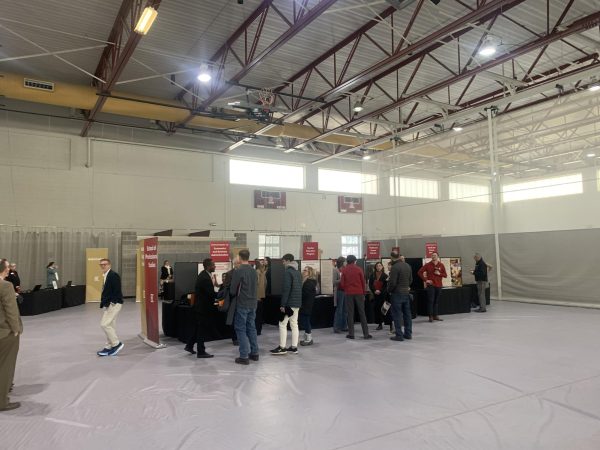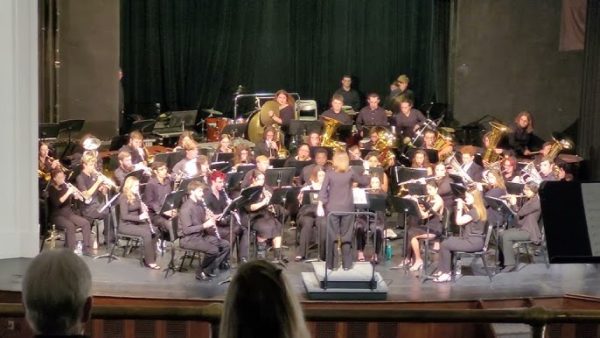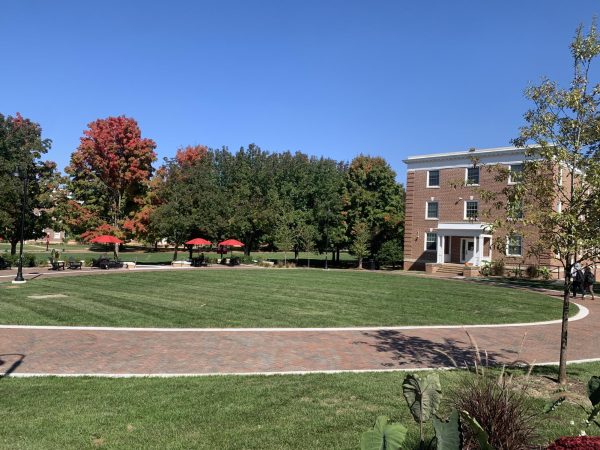Bridgewater Students Receive Sustained Dialogue Training
The Sustained Dialogue Institute comes to Bridgewater
September 24, 2019
Bridgewater VA – The Department of Student Life and Endowed Lectures is gearing up for a weekend of sustained dialogue workshops and training.
The beginning of this two part event begins with a lecture on Thursday, 26 Sept. which is titled “Throwing Shade.” This will be held in Cole Hall and will be from 7:30 p.m. until 9:30 p.m..
The training Friday will be held from 9 a.m. and will run until 3 p.m. Students who were invited to attend this portion of training includes student leaders from organizations such as Eagles Success, SOAR Mentors and RAs. Students may have been selected from faculty members who believed this training would be beneficial for them as well.
These sessions will focus on how to setup conversations, how to have constructive conversations, how to resolve conflicts, and how to appreciate differences.
The Sustained Dialogue Institute is being brought in to facilitate this lecture, as well as the training session. According to the Sustained Dialogue Institute’s website, “Sustained Dialogue develops leaders able to transform differences into the strong relationships essential to effective decision-making, democratic governance, and peace.”
Sustained dialogue differs from regular conversations by focusing on community relationships which described by the Sustained Institute is often the “problem behind the problem.” This Institute focuses their efforts in five key areas of relationships: identity, interests, power, perceptions, and patterns of interactions.
Sam Schlernitzauer, the Coordinator for Student Engagement and Leadership, describes conflict as “something that can come up in all situations…this will help students navigate when conflict does arise, especially in the world today, and especially for students between the ages of 18 and 22 who are still trying to figure things out.”
Even though this event only lasts two days, Student Life will be instituting thematic programming throughout the rest of the school year to keep the conversation going. They are focused on making sure this is not a “one and done” training, but more of a training that evolves with students and their experiences.

